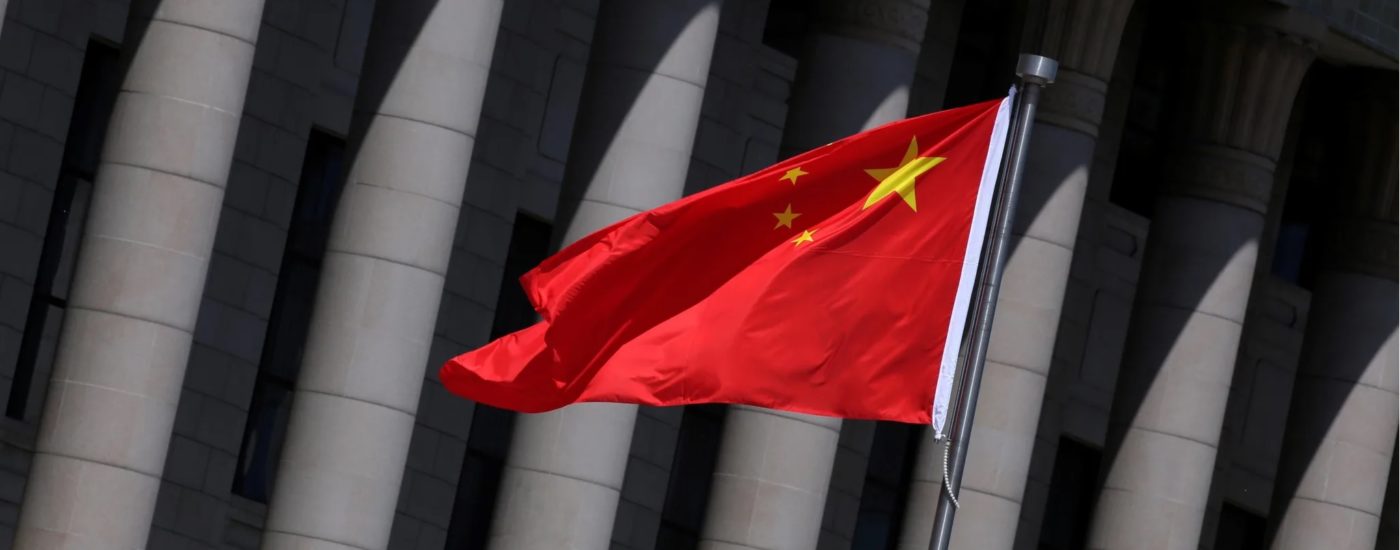IMF cuts China growth forecast to 6.2% citing trade risks

IMF lowered its forecast for China’s 2019 economic growth to 6.2% on uncertainty around recent escalations of the Sino-American trade war. © Reuters
ALEX FANG, Nikkei staff writer June 06, 2019 02:30 JST
NEW YORK –– The International Monetary Fund lowered its forecast Wednesday for China’s 2019 economic growth to 6.2% as the country’s trade war with the U.S. shows little signs of abating, noting that additional easing measures may become necessary if tensions escalate further.
China’s economic growth “is expected to moderate to 6.2% and 6.0% in 2019 and 2020, respectively,” the IMF said. The Washington-based organization previously projected a 6.3% growth this year for the world’s second largest economy.
Renewed trade tensions “represent a significant source of uncertainty which is weighing on sentiment,” IMF’s First Deputy Managing Director David Lipton said.
Last month, U.S. President Donald Trump announced 25% tariffs on $200 billion of Chinese goods accusing China of walking back from previous trade talk commitments. China also raised levies on $60 billion of American goods in retaliation. Both rate hikes have gone into effect, quashing previous hopes for a trade deal in the first half of 2019. Trump has also threatened additional tariffs on the rest of Chinese imports.
A Nikkei analysis found that producer prices in China have been on a decline in recent months, meaning that Chinese manufacturers have been forced to absorb the costs of previous rounds of American tariffs. Another Nikkei analysis of data on about 7,800 global companies with market capitalizations of at least $1 billion found that U.S.-headquartered companies’ net profits rose in fiscal 2018, while China-based companies’ profit growth plunged to 3% from 22%.
China’s growth target for this year is 6% to 6.5%, compared with 6.5% to 7% in 2016. Beijing has unveiled plans to cut taxes and fees by about $300 billion, among other measures, to boost to the economy.
IMF’s Lipton said China’s current policy stimulus is sufficient to offset the U.S. tariff hike, but if trade tensions escalate further, “some additional policy easing would be warranted.”
